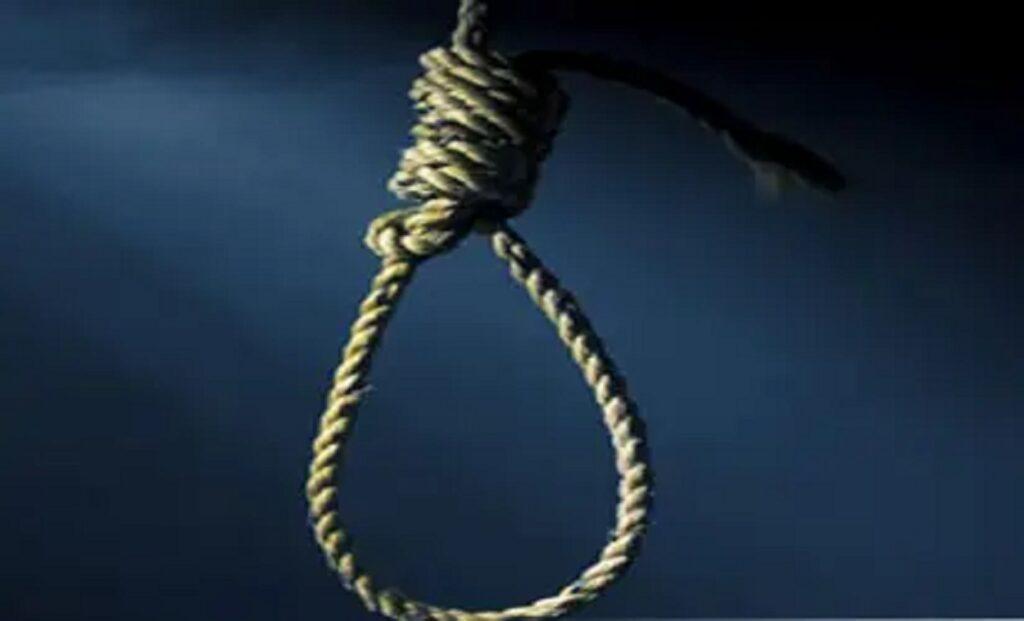African governments tasked on suicide prevention strategies

…As 720,000 persons take own lives yearly globally
By Sola Ogundipe
On this year’s World Suicide Prevention Day, African governments have been tasked to adapt suicide prevention strategies, decriminalize suicide and invest in mental health care, even as civil society and communities are to recognise suicide as a public health and human rights issue, and not a crime or a taboo.
The call by the Africa Suicide Prevention Association (ASPA) came as the World Health Organisation (WHO) confirmed that an estimated 720,000 people die by suicide every year around the world, with Africa carrying the highest suicide rates in the world at 11.2 per 100,000 people, and with young people most affected.
In a statement, ASPA noted that this year’s theme, “Changing the Narrative”, calls to transform how the world speaks, thinks, and acts about suicide from stigma to understanding, from punishment to care and from silence to hope.
“At ASPA, we are leading a continental movement to advocate for the decriminalization of suicide in all African countries, promote ethical reporting to ensure responsible media coverage and to strengthen survivor advocacy and amplify lived experiences, while investing in youth-focused prevention efforts across the continent.
“Every African deserves access to mental health care, compassion in crisis, and the hope of a brighter tomorrow. Together, we can change the narrative,” the body stated.
Despite advances, experts say thousands of suicide cases go unreported due to stigma and cultural barriers. Mental health professionals stressed that talking openly about distress is key to prevention.
According to WHO, young people, who make up nearly 70 percent of the African continent’s population, are most affected by suicide, and t for every successful suicide, there are likely 20 other people making a suicide attempt and many more have serious thoughts of suicide even as millions of people suffer intense grief or are otherwise profoundly impacted by suicidal behaviours.
Further, WHO says suicide is the third leading cause of death among 15–29-year-olds, with 73 per cent of global suicides occuring in low- and middle-income countries.
“Each suicidal death is a public health concern with a profound impact on those around them and by raising awareness, reducing the stigma around suicide, and encouraging well-informed action, instances of suicide can be reduced around the world.
“Creating hope through action” is the triennial theme for the World Suicide Prevention Day from 2021 – 2023. This theme is a reminder that there is an alternative to suicide and aims to inspire confidence and light in all of us.
“By creating hope through action, we can signal to people experiencing suicidal thoughts that there is hope and that we care and want to support them. It also suggests that our actions, no matter how big or small, may provide hope to those who are struggling.”
Also in a statement to mark the day, the Founder of the Wellbeing Foundation Africa, and Honorary Global Patron of LifeLine International, Mrs Toyin Saraki, said: “I’m standing with the WHO, the International Association for Suicide Prevention, and LifeLine International’s global network of crisis helplines to affirm a simple truth, suicides are preventable, hope is real, and help must always be within reach.
“Suicide is a major public health challenge, claiming more than 720,000 lives every year. It is the third leading cause of death among 15–29-year-olds, with devastating social, emotional, and economic consequences for families, workplaces, and communities worldwide.
According to Saraki, LifeLine International, with 37 Members across 29 countries, is working to change the narrative on suicide by breaking the silence, reducing stigma, and fostering openness, empathy, and support, with the goal that every person, everywhere, can connect with a compassionate responder in their moments of greatest need.
“The triennial theme, Changing the Narrative on Suicide, calls us to move beyond silence and harmful myths, and to drive systemic change. It challenges governments and institutions to prioritise suicide prevention through evidence-based strategies, expanded access to quality care, and policies that uphold dignity in times of distress,” she atated.
On its part, the Federal Ministry of Health and Social Welfare called for renewed efforts to protect lives and eliminate the stigma surrounding mental illness saying that Nigerians should not lose hope because their lives matter.
The ministry in a social media post reaffirmed that mental health remains a national priority. Officials highlighted the 2023 Mental Health Act, which guarantees the rights of people living with mental illness and strengthens access to care.
The ministry also pointed to the integration of mental health into primary healthcare services, ensuring that more Nigerians can receive counselling, crisis intervention, and referrals at the community level.
This year’s theme, “Creating Hope Through Action,” highlights the importance of small, meaningful gestures in offering hope and saving lives. The Ministry’s statement also highlighted Nigeria’s growing commitment to mental health, noting that the National Mental Health Policy now integrates mental health services into primary healthcare, even as the Mental Health Act, has strengthened the rights and protections of individuals living with mental health conditions.
It emphasized the vital role of families, communities, faith leaders, and workplaces in suicide prevention, urging Nigerians to treat the issue as a shared responsibility.
The Ministry pointed out that stigma continues to be a significant barrier, noting that many suicide cases go unreported in Nigeria due to shame or societal judgment.
The World Suicide Prevention Day (WSPD) was established in 2003 by the International Association for Suicide Prevention in conjunction with WHO.
The 10th of September each year focuses attention on the issue, reduces stigma and raises awareness among organizations, government, and the public, giving a singular message that suicide can be prevented.
The day highlights the importance of setting suicide prevention as a priority public health agenda by countries, particularly where access to mental health services and availability of evidence-based interventions are already low.
The post African governments tasked on suicide prevention strategies appeared first on Vanguard News.







